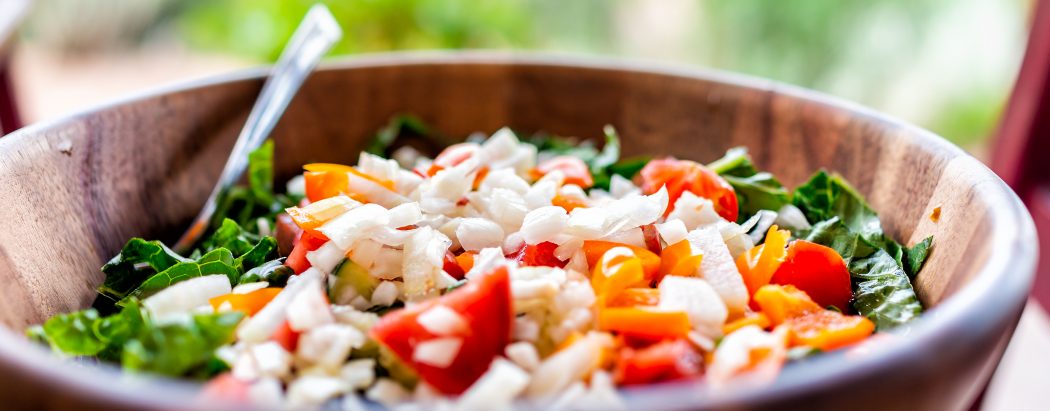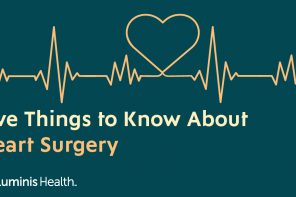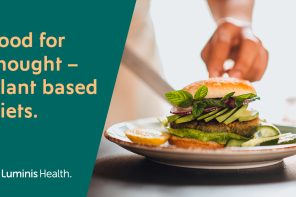Heart surgery is a major event, and the journey doesn’t end when you leave the hospital. Your diet plays an important role in helping you recover. Arianne Kirby, a dietitian and certified diabetes educator at Luminis Health, answers a few questions about post-surgery nutrition.
Do I need to follow a special diet after heart surgery?
Ask your cardiologist about dietary choices that are best for you. In general, it’s important to follow a heart-healthy diet to keep your arteries open and promote longevity.
If I feel nauseous or don’t feel hungry after surgery, can I just skip meals?
You need calories and protein to help your body recover. If you skip meals, you could delay your healing. You also need to drink enough fluids, ideally water, to prevent dehydration. Talk to your surgeon about fluid or other dietary restrictions you should follow. In general, eat a heart-healthy diet of light meals that are low in saturated fat.
Should I have a glass of red wine every day?
A 5 oz glass of red wine can be beneficial as long as you follow a heart-healthy diet. That means reducing or avoiding sugar and processed foods. A glass of red wine is not a “green light” to eat foods that aren’t otherwise recommended.
Do I need to reduce my sodium intake?
Everyone needs sodium from food, especially on hot days or after a work-out when you lose a lot of sodium from sweat. The recommended daily amount for most adults is 2300 mg, but talk to your cardiologist about what’s right for you.
Is it OK to eat red meat?
It’s OK to eat red meat in moderation. Serving size, frequency, type of red meat and the degree of health risk are all under debate within the dietary community. Although red meat is a source of protein, iron, vitamin B12, and zinc, it is also high in cholesterol and saturated fat. If you choose to eat red meat, you should limit or avoid other food sources that are high in cholesterol and saturated fat (foods like cheeses, whole-fat dairy, bacon, sausage, cream, etc.). One suggestion is to keep red meat to a 3-ounce cooked serving, 1-2 times a week and to trim away all visible fat. The rest of the week, replace red meat with chicken, turkey, fish, beans, legumes.
If I am cutting out sugar, I can drink diet soda, right?
Just because something is sugar-free doesn’t mean it is a healthy food. Artificial sweeteners can cause insulin spikes, which over time can raise blood sugar levels. These drinks also do not contribute any nutritional value to your diet.
Learn more about our heart surgery program at Luminis Health.




